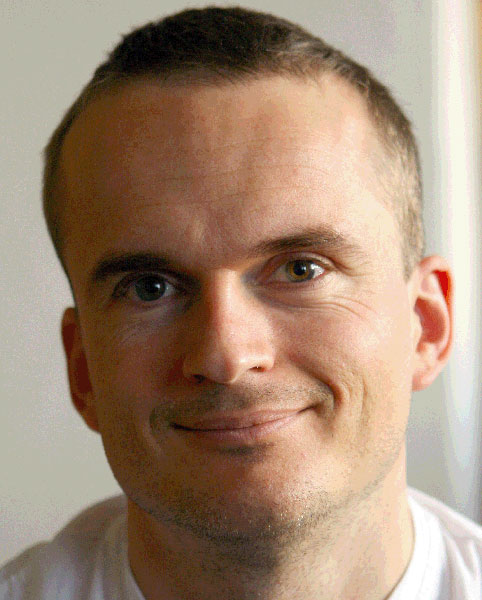Publication in PNAS by the Enserink group demonstrating a new function for the cell cycle kinase Cdk1

Cell proliferation during normal growth and development of eukaryotic organisms is regulated by cyclin dependent kinases (CDKs). CDKs are the master regulators of the cell cycle, which is the mechanism that controls cell duplication. Cancer cells deceitfully hijack CDKs to drive their uncontrolled cell proliferation. It is therefore very important to understand the function and regulation of CDKs.
At Oslo University Hospital, a team of researchers headed by Dr. Jorrit Enserink has now discovered a new function for Cdk1 in the model organism budding yeast (Cdk1, also known as Cdc28, is the critical cell cycle regulator in yeast).
The findings are recently published in PNAS (journal impact factor 9.77).
Using state-of-the-art technology they discovered that Cdk1 binds to hundreds of genes to directly regulate their expression. Surprisingly, these genes are not classically associated with either the cell cycle or with cell division. Instead, these genes encode proteins involved in maintenance of cell homeostasis, such as cell metabolism.
A possible explanation for why Cdk1 regulates these genes is that during cell division, yeast cells greatly increase in size and volume; in order to maintain sufficient concentrations of metabolic proteins, the cells need to increase their expression. Cdk1 probably supports the correct expression levels of these proteins by directly boosting transcription.
Yeast obviously does not get cancer, so how is all this relevant for cancer research? Although the exact relevance for cancer remains to be tested, it is well known that cancer cells rewire metabolic pathways to support their increased rates of cell growth. However, how cancer cells modulate these metabolic pathways is not well understood. Because cancer cells aberrantly activate CDKs to drive their proliferation, they may also exploit CDK activity to directly regulate transcription, thereby supporting their increased metabolic demand. The results from the yeast study by Chymkowitch et al provides potential mechanistic insight in this process, and may open new avenues for targeting cancer cells with improved chemotherapy.
Links:
Cdc28 kinase activity regulates the basal transcription machinery at a subset of genes.
Chymkowitch P, Eldholm V, Lorenz S, Zimmermann C, Lindvall JM, Bjørås M, Meza-Zepeda LA, Enserink JM.
Proc Natl Acad Sci U S A. 2012 Jun 11. [Epub ahead of print]
Home page Jorrit Enserink's project group
Jorrit Enserink's CV and publications
Magnar Bjørås' group: Laboratory for Molecular Biology
